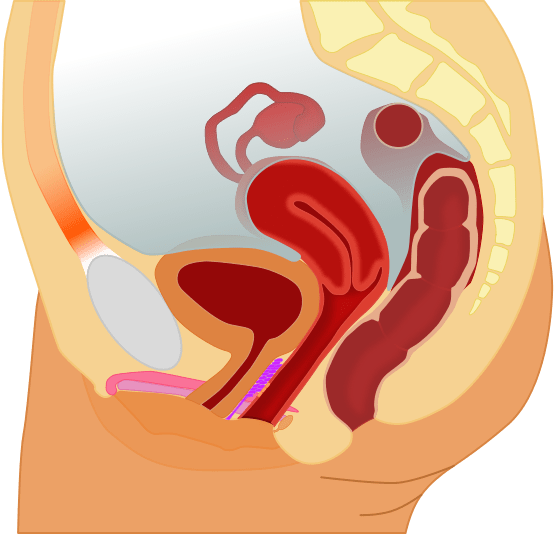Advertisement
WSJ: Women At Risk, Doctors Split On Procedure Linked To Rare Cancer
Here's another excellent Wall Street Journal report on the controversial procedure known as "morcellation." Reporter Jennifer Levitz notes that even after the FDA issued a warning on the practice (which involves a "laparoscopic power morcellator" that allows for less invasive surgery to remove fibroids by slicing them up, but can also potentially spread a rare type of cancer through the body) doctors are split on how to proceed.
According to the report:
The FDA said women undergoing surgery for what look like benign fibroids actually have a 1 in 350 risk of hosting an undetected cancer called a uterine sarcoma. Morcellating these tumors can spread cancerous tissue internally and significantly worsen the odds of long-term survival, the agency said.
So what are women to do when the medical community itself is divided? From the WSJ:

A number of doctors believe the FDA overreached, and think the cancer risk is so small that gynecologists can go an entire career without seeing a case. Others call the advisory a necessary precaution.
Hospitals and private practices are taking an array of approaches. The University of Pittsburgh Medical Center system, which has more than 50 obstetrics and gynecology practices, opted to continue using the device.
The medical system changed its informed-consent forms to include wording on cancer risk and told doctors to discuss the risk with patients. But Allen Hogge, chairman of obstetrics, gynecology and reproductive sciences there, questioned the data behind the FDA's estimate. The FDA began looking at the issue after media reports late last year about a prominent Boston doctor who discovered she had sarcoma after morcellation.
"I think this is mostly public relations and not science," Dr. Hogge said. In response, the FDA said it conducted a rigorous analysis of published literature.
The common practice of morcellation, which is often used for hysterectomies, came under fire when Dr. Hooman Noorchashm, a cardiothoracic surgeon at Brigham and Women’s Hospital and his wife, Dr. Amy Reed, an anesthesiologist at Beth Israel Deaconess Medical Center launched a publicity campaign aimed at stopping the procedure,
saying that morcellation caused Reed's undetected cancer to spread. From a Boston Globe report last year:
Reed, 40, underwent a hysterectomy in October at the Brigham to treat what she was told were likely benign fibroids, or masses, in her uterus. During the laparoscopic procedure, the gynecologist used a morcellator to cut her uterus and the fibroids inside into small pieces so they could be taken out through the tiny incisions used in minimally-invasive surgery.
Follow-up tests done on the tissue found that Reed had uterine leiomyosarcoma, a rare aggressive cancer. Later imaging tests showed that the cancerous tissue had been spread throughout her abdominal cavity during the surgery, giving her stage 4 cancer, her husband said. He said she also has nodules on her lungs that doctors are watching and they are unsure if those are cancer. The Brigham said it is not overseeing Reed’s follow-up care, so cannot comment on her current condition.
The couple has six children between the ages of 1 and 12.
Reed is undergoing chemotherapy and is now recovering from major follow-up surgery at another hospital to remove cancerous tissue. She said in an interview Tuesday that she is lucky to “have a lot of family support’’ but “it’s been incredibly difficult for all of us. There is no reason women should be going through this.’
